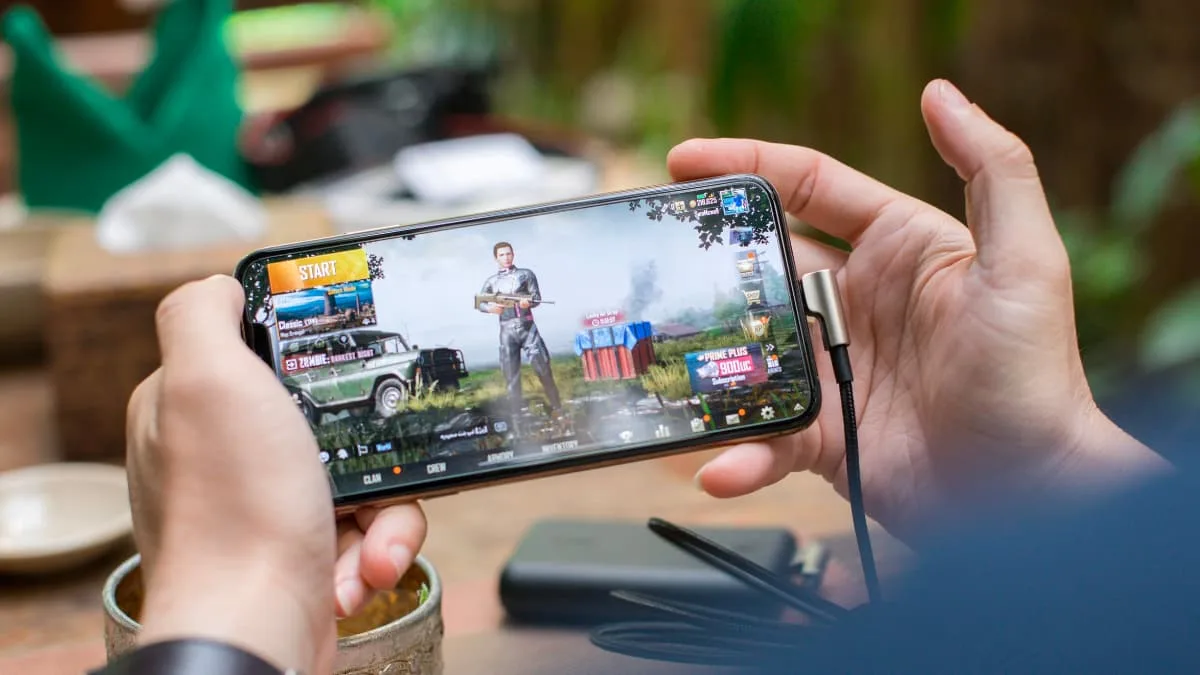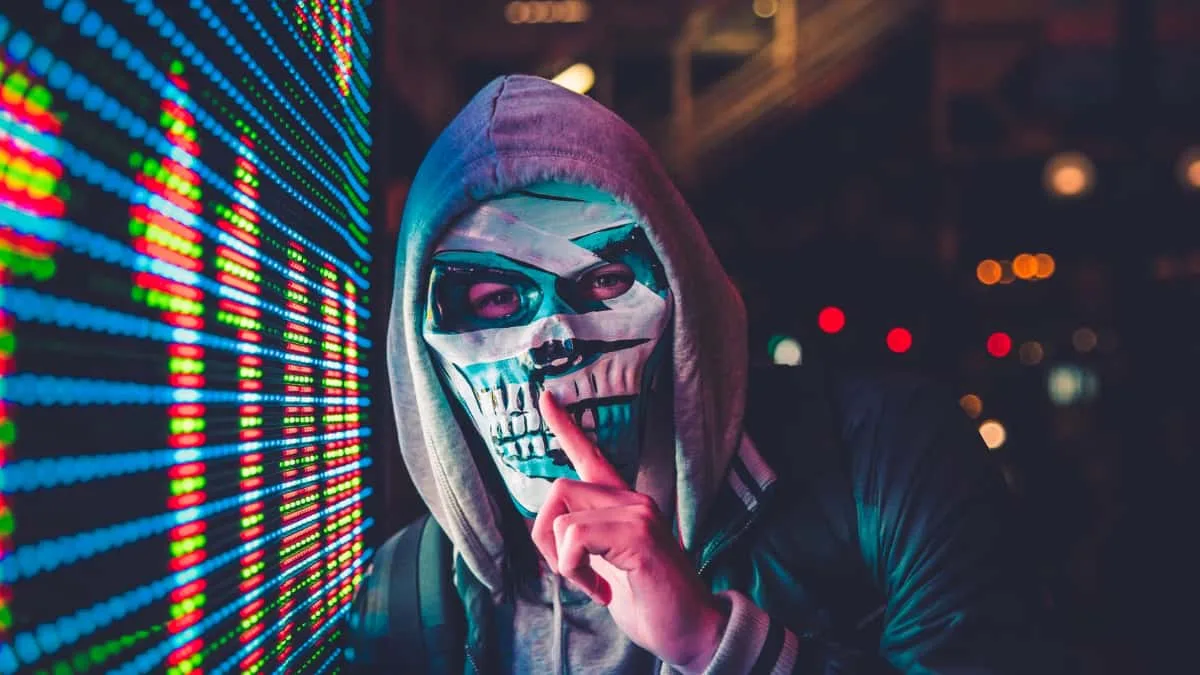Ubisoft Casablanca started in 1998 in the city of Casablanca, Morocco. The studio developed famous titles as Donald Quack Attack, co-produced Beyond Good and Evil, and was on its pick when they took the development of Prince of Persia: Two thrones, but the project was taken back by Montreal for internal issues.
Since 2006 Ubisoft Casablanca developed titles in Nintendo DS as Raving Rabbids, and both Prince of Persia. In 2008, Ubisoft and the Moroccan government joined to open Campus Ubisoft a specialised school for Game Development, which i graduated from as a Level designer, but unfortunately, the campus was shut down because of the economic crisis in 2009/10. After that, i joined Ubisoft as a Game Designer where we co-developed Rayman Origins, Legends in consoles, Jungle and Fiesta run on Mobile.
After working in the studio for 6 years, i’ve left a year ago because the smell of fire was on the air, one year later Ubisoft Casablanca was closed. I would like to share here some of the internal and external issues that contributed to the closure, which is based on my personal view and experience while working there.
1. Internal issues
1.1. Lack of passion
Many of the developers in Ubisoft Casablanca weren’t really passionate about making video games. Mostly were not even aware of about local or global video game events as the GDC. Neither plan to make their own game. The most passionate and talented resources left the company to join other international studios, or starting an indie journey.
1.2. Lack of leadership
Managing a studio or a team is not leading, in Ubisoft Casablanca the leadership spirit on the top management was too weak to guide the resources and impose itself in the group. Most of the studios of Ubisoft were showing high leadership skills to get the best project, while Ubi casa was in a passive position, waiting to receive projects and guidance from the headquarter than imposing their vision and autonomy.
1.3. Lack of vision
Ubisoft vision is to create fun games that enrich the player experience, it is a powerful simple vision that we feel in every other successful studio of the corporate, but in Casablanca the vision wasn’t even communicated clearly to guide the team. One of the producers even told me once that we don’t need a vision, because the game industry is changing every day and we should just follow the wave. Well… the studio was turning around without any goal or vision to follow in order to be competitive in the game industry.
1.4. Comfort zone mindset
As Yannick Theler Manager of Ubisoft Abu Dhabi once said in a meeting: “We are now in the comfort zone and we have to get out of it in order to innovate”. But in Casablanca, Comfort zone mindset was all over the studio, most of the resources were waiting for retirement or an event that will end their routine days. Every time the young recruited talents tried something new or wanted to push the creative boundaries, they had a reactionary behavior from the old generation, because change was destructive for their Comfort zone.
1.5. Lack of values
Ubisoft is a familial oriented company based on core values as Collaboration, Sharing and Transparency, each of the values mentioned are well executed by concrete actions as yearly transparent evaluation, internal platforms that allow exchange and sharing between international resources and teams, projects were mostly developed in collaboration with other team to give them opportunities to evolve. But in Casablanca, the corporate values weren’t even shared neither executed.
1.6. Lack of career evolution
I joined Ubisoft Casablanca as a level designer, I was proposed a game designer junior role which i accepted, but since then my title never changed until i ended my contract 6 years later. Maybe because i was too bad as a game designer? Logically as any other company, i should have being fired then, but still I was sent into missions to other studios… Ubisoft has very clear career evolution criteria. But in Casablanca studio, the evolution was too irrational and we didn’t have concrete objectives to follow on each year evaluation. I felt that the criteria to judge was more based on top management financial and lack of vision constraint. Many left the studio to other companies because of this career stagnation.
1.7. Bureaucratic over Creative process
Most of the time in Casablanca studio, protocols and bureaucratic process was more important than the quality of the project. While in Ubisoft generally, there is a preference for a startup management approach rather than corporate to keep flexibility in the process, and player satisfaction is always on the middle of decision making.
1.8. Dictatorship over Participative management
A producer once told me, « I don’t believe in Participative management, the resources should be managed as in the Military… ». Since the last two years, decisions are taken without any consultation with the teams, which discouraged many resources to take initiatives by fear and lack of feedback. While at Ubisoft group, the actual success is based on a very strong participative management that includes everyone from the worldwide studios.
2. External issues
2.1. Educational weakness, and lack of talented resources
Moroccan educational system is weak and actually under reform. But because of this handicap, Academicals level of science and engineering is low compared to international competitive standard, while in game development, a high level of engineering and Science is still required to build good games and engines. And it was hard for Ubisoft Casablanca to recruit new talents, and bringing resources from foreign country was very costly.
2.2. No Industrial competition
For 18 years, the only official video game company in Morocco was Ubisoft. Some may think it’s a good opportunity for monopole, but it was more a statu quo context, as an ex-manager of the studio explained to us. Ubisoft Montreal success is related to the high competition from studios as EA and Warner Bros, and because of the creative destruction environment, each studio was obliged to recruit the best talent and make the best games in order to keep in track.
2.3. Weak governmental follow up
Inviting a big company as Ubisoft to open a filial in Morocco in 1998, or starting a specialized school for game development in 2008 were an avant-garde initiative for MEA region. But starting an industrial initiative are not enough for growth, and it should be followed by strategical checkup.
Conclusion
The closure of the only official video game studio in a country, is a tragedy, but many initiatives were built during Ubisoft Casablanca period.
In 2012, we started Moroccan Game Developers, a local community which envision to Develop a video game industry in Morocco, we built this initiative with the intention to give a new reference for local game developers who are willing to join the game industry, by inspiring them to go indie and to develop their own games, rather than to focus only on joining Ubisoft Casablanca as a career fatality.
Formers from Ubisoft Casablanca started their own indie game studio as Palm Grove Software, or Rym Games who are developing The Conjuring House a promising horror game for steam and console. Other indie game studios from former of Ubisoft are coming soon.
After i left the company, I co-founded TheWallGames with formers of Ubi casa, an indie game studio that aim to build meaningful gaming experience
In next 15 and 16 October, we will organize the first summit for game developers in Casablanca called Maghreb Game Conference that aim to join together communities of game developers from the north african region, we took inspiration from the Nordic Game Conf who focuses on the Nordic communities to build a strong regional game industry.
Last but not least, Ubisoft as a group is a great video game company that focus on making rich video game experience for all the players, and Ubisoft Casablanca was an opportunity for many local developers to get into professional video game development. I am very thankful for everything I have learned while working for Ubisoft, which will always stay on the core history of shaping the video game industry in Morocco.
Now it is time for us to rise up and to build the future of a bright video game industry in Morocco 🙂



